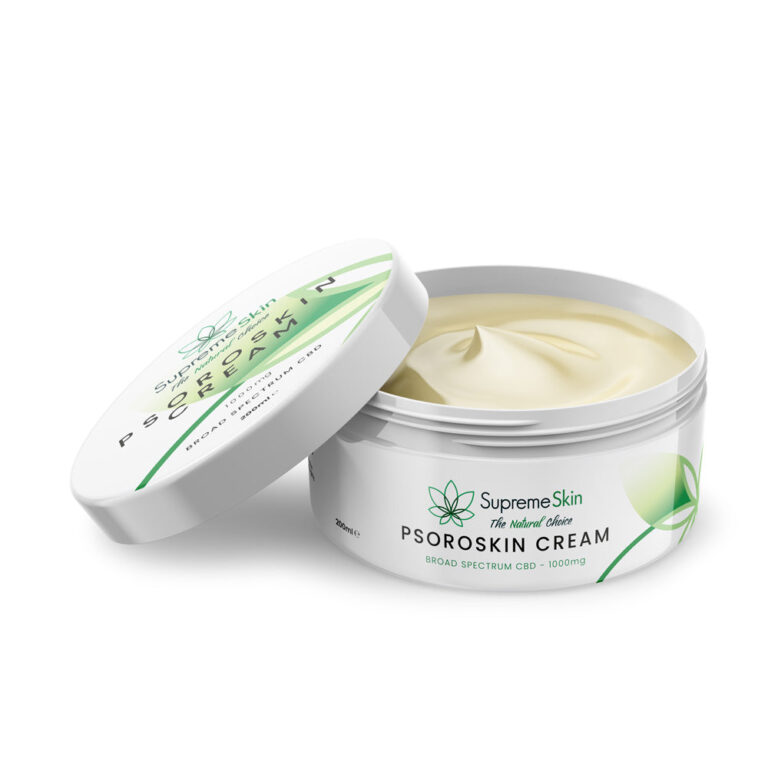Questions You Must Ask Before Any Medical Procedure
All medical procedures carry some risks and the possibility of complications. Sadly, studies show that medical errors are the third leading cause of death, highlighting the critical need for patient engagement. As a woman, being aware of your health means asking the right questions and being fully informed before any medical procedure. It gives confidence in your choices and understanding of the procedure ahead.
This blog post provides essential questions to ask your doctor. We’ll discuss the specifics of your procedure, healthcare team, and health needs, building a collaborative approach to your well-being.
What Is the Purpose of This Procedure?
Before any medical procedure, it’s crucial to grasp its purpose and necessity fully. You should know why this procedure is recommended and whether it’s essential for your well-being. Don’t hesitate to ask your doctor to explain the medical rationale behind the method. What are the expected benefits? How will it improve your health or quality of life?
Your health is a collaborative effort. By asking these questions, you actively participate in your care, ensuring that every decision aligns with your needs and priorities.
What Are the Risks and Potential Complications?
No medical procedure is entirely risk-free. It’s essential to acknowledge this reality and prepare yourself. Around 30% of patients encounter unexpected complications after surgery. About half of these complications occur after the patient is discharged. This underscores the importance of open and honest communication with your healthcare provider about potential risks.
Understanding the full spectrum of possibilities allows you to make informed decisions. It’s also necessary to discuss how these risks might apply to you specifically, considering your medical history and individual circumstances.
The transvaginal mesh controversy serves as a poignant reminder of the potential consequences of medical complications, particularly for procedures involving implanted devices.
Transvaginal mesh is a medical implant used to treat conditions where pelvic organs slip out of place. Many women adopting vaginal mesh implants raised concern over the device’s safety. Women experienced after implantation reported severe complications and injuries. This led to numerous lawsuits against the manufacturers, alleging they failed to warn about the potential risks and complications adequately.
This underscores the importance of patient empowerment and proactive engagement in healthcare decisions with doctors. However, according to TorHoerman Law, seeking legal guidance is your first step if you face such medical device complications. Over 100,000 transvaginal mesh lawsuits have been filed by women, and over 95% of cases are already settled.
You can also file a lawsuit and ask for compensation that would be helpful in recovery and surgery. The transvaginal mesh settlement amounts can be hefty, with the most significant being $830 million for 20,000 cases. However, remember that settlement varies and majorly depends on the strength of the lawsuit. Many settlement amounts fall between $150,000 to over $400,000.
The transvaginal mesh controversy is an example of the potential risks of medical devices and the importance of informed consent. It highlights the need for patients to be fully aware of the complications and to participate actively in their healthcare decisions.
What Is the Expected Recovery Time and Process?
Understanding the expected recovery time and process after a medical procedure is vital in planning and setting realistic expectations. Recovery timelines can vary significantly, from a few days to several months or even a year. Therefore, it’s essential to have a clear picture of what to anticipate.
A JAMA Network study found that patients who had enhanced recovery after surgery protocols had their hospital stays reduced by an average of 1.88 days. Moreover, the risk of complications after surgery was lower in the ERAS group than in those without ERAS. Therefore, ask your doctor about the estimated recovery period for physical healing and returning to normal activities.
Is this facility accredited and equipped to handle complications if they arise?
The quality of a hospital matters. Hospitals with better ratings tend to have fewer problems during procedures, and patients are less likely to need to come back. This highlights the importance of choosing a facility that prioritizes quality and patient well-being.
Feel empowered to ask if the facility is accredited and what that means. Learn about their protocols for handling complications. Do they have the necessary equipment and specialists if something unexpected happens?
What Are Your Qualifications and Experience in Performing This Procedure?
When it comes to your health, you deserve the best care. Feel free to inquire about your healthcare provider’s qualifications and experience, particularly concerning the procedure you’re considering. Research consistently shows that a surgeon’s experience can significantly influence the outcome.
A NIH study shows that surgeons’ expertise correlates with patient outcomes. It suggests that better communication between doctors and patients and shared decision-making help assess the consequences of surgical interventions. Therefore, ask how many times they’ve performed the procedure. Have they faced complications in the past? Are they board-certified in their specialty? Are they up-to-date on the latest techniques and advancements?
What Is the Estimated Procedure Cost, and Does My Insurance Cover It?
Healthcare costs can be a primary source of anxiety. For every 1% increase in people with medical debt, there were about 18 more days of poor physical health. Plus, eighteen more days of poor mental health per 1,000 people each month.
That’s why openly discuss the estimated cost of the procedure with your healthcare provider. Ask about potential additional expenses, such as anesthesia, facility fees, or post-procedure care. If you have health insurance, ask about coverage. Will the procedure be fully covered, or will there be out-of-pocket costs?
What Medications or Supplements Should I Avoid Before and After the Procedure?
Medications and supplements can interact unexpectedly with surgical procedures and anesthesia. The U.S. FDA highlights that dietary supplements like vitamins, minerals, and amino acids could have life-threatening effects. This highlights the need for proactive communication about what you’re taking.
Be upfront with your doctor about everything you’re taking, even if it’s not a prescription. This includes vitamins and herbal supplements. Some things must change or be paused before your procedure to keep you safe.
What Are the Signs of Complications? When Should I Seek Medical Attention?
Even with the best care, complications can sometimes occur. Recognizing these issues is critical to preventing further problems. Delays in seeking help can lead to more severe outcomes and longer recovery times.
Discuss the specific warning signs associated with your procedure with your doctor. What symptoms should raise a red flag? When should you call the doctor’s office, and when is a trip to the emergency room necessary? Understanding these potential complications and knowing how to respond empowers you to take swift action if needed.
FAQs
How do doctors prepare patients before a procedure?
Preparing a patient before a procedure involves explaining the process, addressing their concerns, and ensuring they’re comfortable and informed. This may include providing instructions on fasting, medication adjustments, and any necessary pre-procedure preparations.
Can I drink water three hours before surgery?
Yes, you can drink water three hours before surgery. Clear fluids, such as water, typically leave the stomach within two hours, so consuming them three hours before surgery is generally considered safe. Always follow specific instructions provided by your healthcare provider.
What should I avoid seven days before surgery?
Seven days before surgery, avoid taking aspirin, NSAIDs, herbal supplements, and specific vitamins, as they can increase bleeding risk. Also, refrain from alcohol and smoking to promote better healing and reduce complications. Always follow your surgeon’s specific pre-operative instructions.
Your health is in your hands. Open communication with your healthcare provider is vital. Build a strong relationship where you feel comfortable asking questions and expressing concerns.
Remember that you have the right to be fully informed and involved in every step of your medical journey. Feel free to seek additional resources, like trusted health websites and patient support groups, to inform your choices further.





